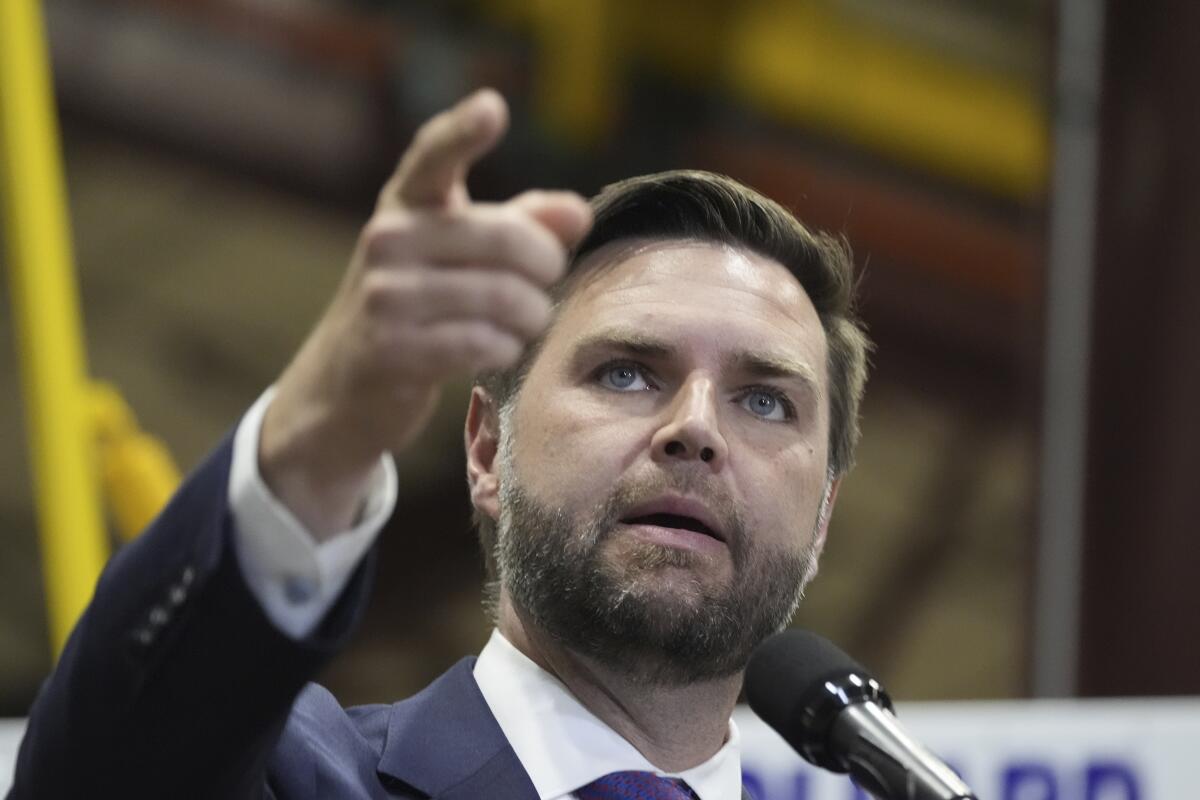In a time of heightened political tensions, JD Vance’s recent media appearances have stirred conversations across the nation. As the Republican vice presidential nominee, Vance took to various Sunday news shows to challenge the Democratic ticket while voicing support for Donald Trump’s policies. His remarks not only spotlight his stance on key issues but also reveal how he navigates past controversies that have resurfaced during his campaign.
On these platforms, Vance defended Trump’s perspective on monetary policy, asserting that presidents should have a say in this area. This statement has sparked discussions about the Federal Reserve's independence and how it relates to political influence. Vance's media tour has not only been a platform for him to promote Republican ideals but also to address criticisms regarding his previous statements on family and social issues.
Vance's approach during the interviews reflects a strategic move to align himself with Trump's agenda while simultaneously attempting to distance himself from past remarks that have drawn criticism. These public engagements are crucial as he seeks to solidify support among voters in crucial battleground states. As the political landscape evolves, the effectiveness of Vance's communications strategy will be closely monitored by both supporters and opponents alike.

Republican vice presidential nominee JD Vance used a round of Sunday news show appearances to disparage the Democratic ticket and promote Donald Trump’s record and second-term plans and defend himself from criticism over past remarks that have become a campaign issue.
The Ohio senator, in a series of taped interviews, said there was merit to Trump’s suggestion that presidents have more control of U.S. monetary policy and kept up the GOP line that Minnesota Gov. Tim Walz, the Democrats’ vice presidential candidate, had exaggerated his military record.
Vance, who shadowed Vice President Kamala Harris and Walz during their visits to several battleground states last week, was quizzed about abortion and his past comments about American family life, among other topics.
Trump recently suggested that presidents “should have at least a say” on monetary policy set by the Federal Reserve. He did not offer specific proposals.
Curtailing the Fed’s independence from political interference as it determines interest rates would be a fundamental change. Even as he tried to argue that Trump said nothing about taking “direct” control of rates, Vance endorsed Trump’s general




